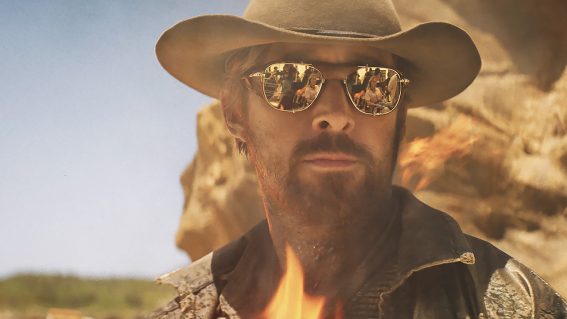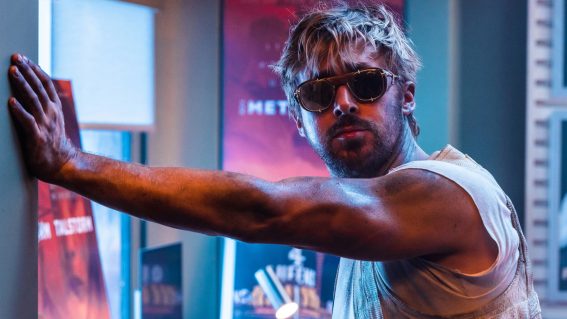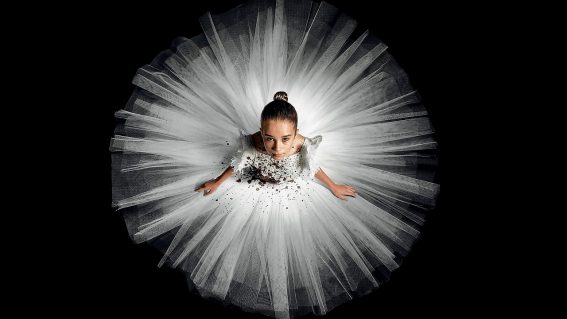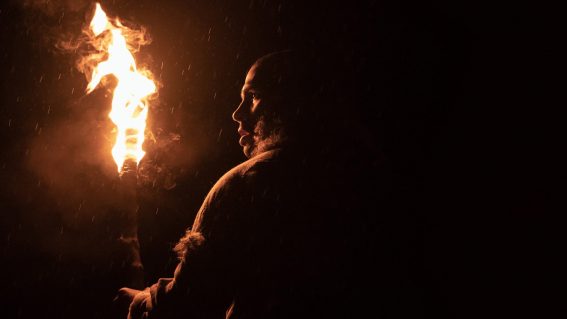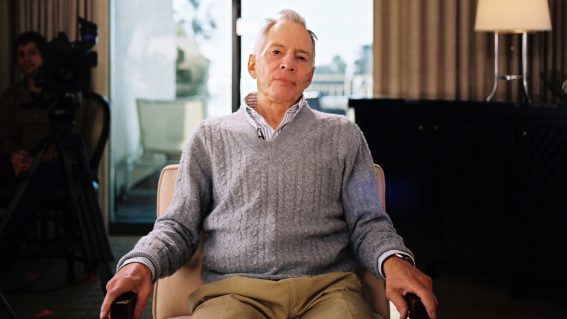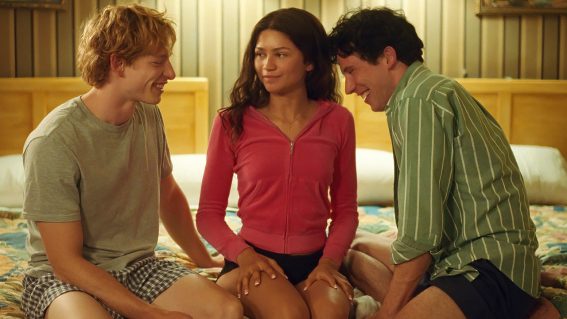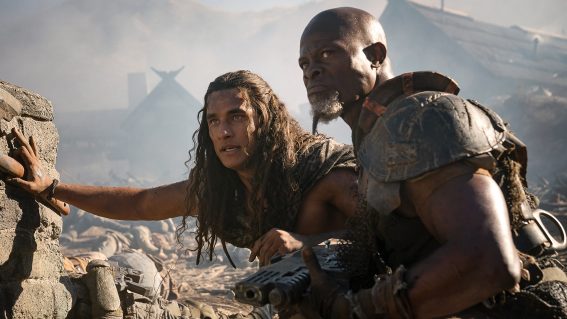The Eight Mountains is one of the best, most bittersweet films of the year
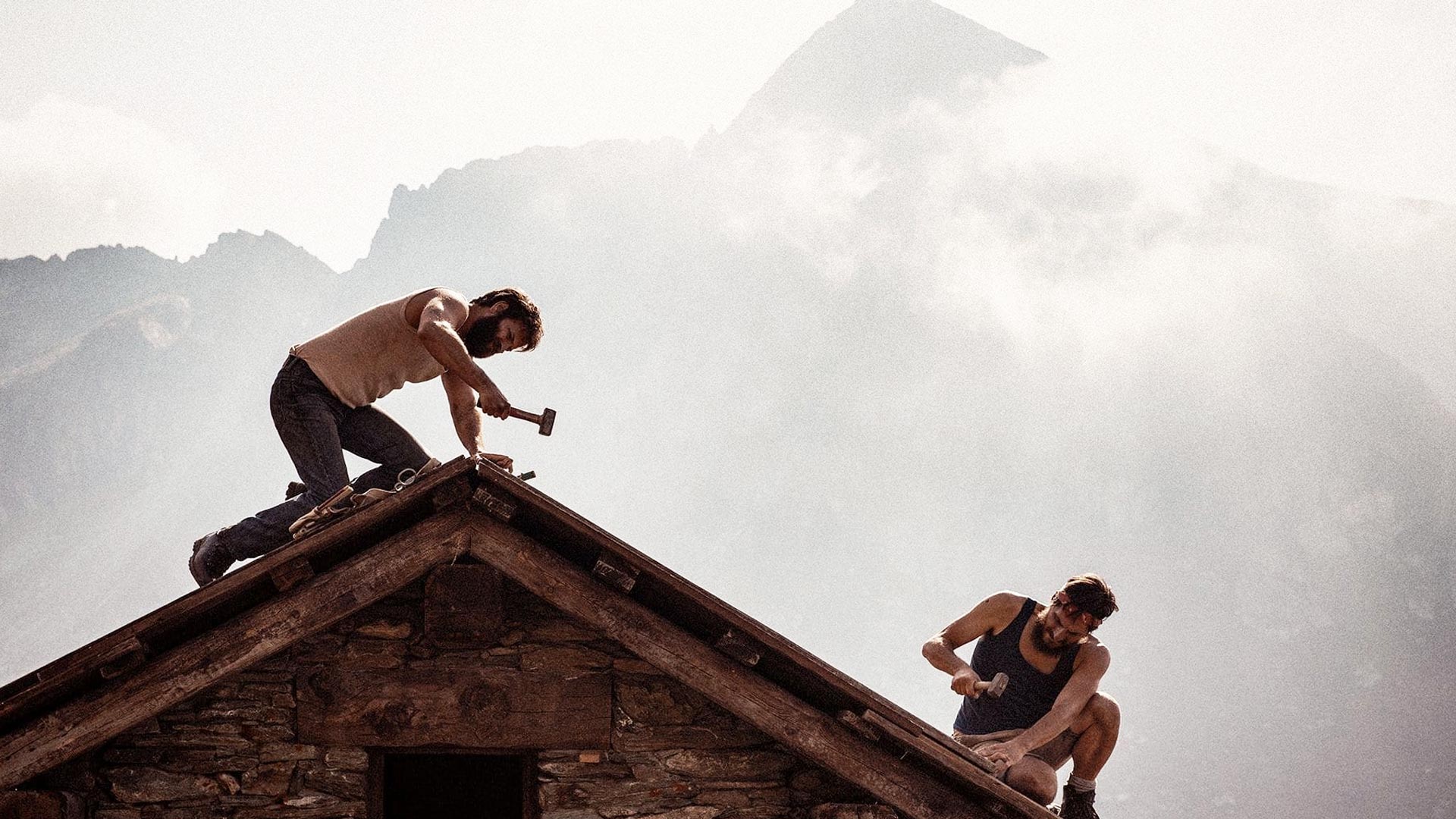
It took a minute for Luke Buckmaster to warm to The Eight Mountains‘ clipped aspect ratio. Eventually, though, grand themes of friendship, fatherhood, and “personal expansion” blossom into a truly breathtaking cinematic experience.
It seems so unfair, having the majestic beauty of the Italian alps squeezed into a boxed-in aspect ratio. This was my first thought during The Eight Mountains, Felix van Groeningen and Charlotte Vandermeersch’s wonderfully rich and cathartic drama: a tale of friendship, reunion, growth and loss that begins with lovely shots of nature but presents them in the aforementioned square—reducing their magic by clipping the frame’s edges.
Boxed-in ratios—which are in vogue at the moment—have a psychologically condensing effect. But images of this kind radiate sheer expansiveness; one’s natural response is to wish for a screen as large as possible to soak it all in. It didn’t take long, however, for me to nestle into this film’s graceful ebb and flow and to realise that the co-directors know exactly what they’re doing with their aesthetic choices. My initial apprehension evolved into full-blown love for this very moving production, tanged in bittersweetness, which snagged the Jury Prize (tying with the also-terrific EO) at last year’s Cannes Film Festival.
“I didn’t expect to find a friend like Bruno in my life,” so begins the narrator—Luca Marinelli’s Pietro—during those introductory images. This is another way of closing in the cinematic space: creating a sense of pondering that’s not about looking up to the stars, contemplating Mother Nature’s incomprehensible vastness, but rather something intimately human, something that looks within.
The Eight Mountains begins in 1984 but in many scenes it could be any year: the natural world doesn’t follow the trends and mores of humans. In the picturesque Aosta Valley, Pietro—at this point a child (played by Lupo Barbier)—hangs out with his pal Bruno (Cristiano Sassella). They explore, play, frolic around. When Pietro’s father Giovanni (Filippo Timi) takes them on a hiking trip, those amazing mountains looming in the background like spiritual scaffolding, I must admit feeling a little jealous that my own formative experiences didn’t include such might and majesty—not that my back yard’s trampoline and broken basketball ring didn’t have their charms.
In this scene the directors then return to the voice-over narration, which unfolds in the style of The Wonder Years or Stand By Me: an adult voice reminiscing on their childhood. Pietro reflects on how the glaciers “fascinated the scientist in my father” who “told us that a glacier is the memory of past winters.” This kind of narration can feel twee and trite, but here it enhances and expands visual meaning rather than summarising it or over-egging the point. When the pair reunite as 30-something men—Pietro now played by Luca Marinelli, and Bruno by Alessandro Borghi, both actors delivering faultless performances—the occasion resonates, but it’s not put in highlighter pen; its significance doesn’t need to be explained.
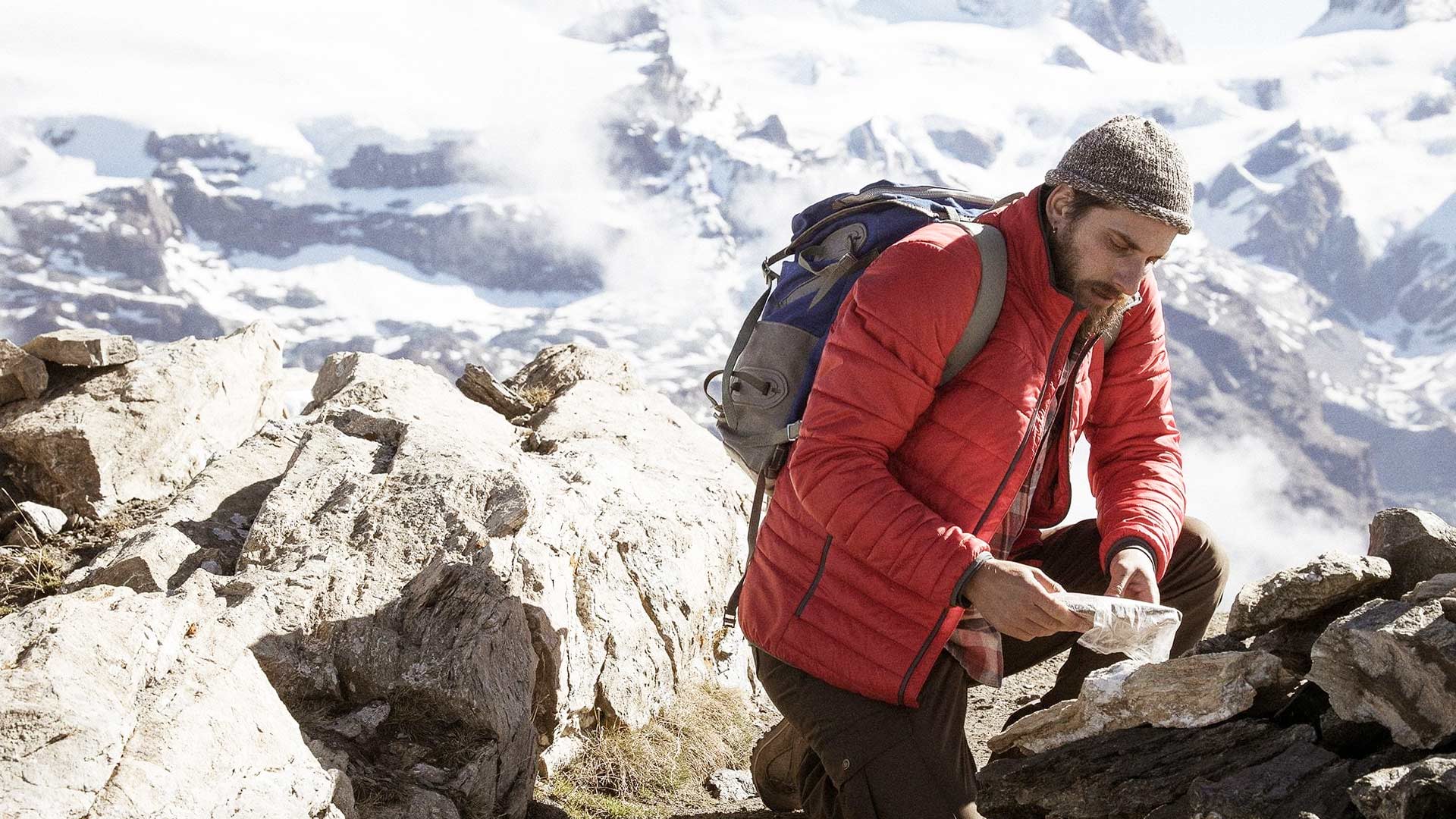
Ditto for when, trekking across the mountains once more, the pair find rocks and wood Giovanni left behind for Bruno to construct a house. Watching them set about their work sends a message that this film is about personal expansion, the building blocks of life. Another moment infers a meaning more specific to their relationship, when Pietro reflects—again through narration—that “even though I sometimes felt like talking to him, whenever we were apart, Bruno and I barely stayed in touch. As if our friendship didn’t need to be maintained.”
This is indeed also a drama about relationships that don’t need maintenance: etched in formative experiences, they keep growing inside people. It’s also a contemplation of fatherhood from a circumferential angle, the audience seeing enough of Giovanni for him to resonate as a tangible person, but not enough for him to emerge as a fully dimensional figure. And it’s also (there are many ways to read it!) a film that extends the concepts of mountains into symbolic spaces: they double as things in life that are large and looming, but cannot necessarily be returned to (an observation that will make more sense after you’ve seen it).
I wonder how The Eight Mountains would feel if it were in widescreen…how it would change emotionally. We’ll never know. We do know that this is a towering achievement—one of the best and most bittersweet films of the year. It has a big and heavy heart, but it’s effortless to enjoy. It’s long (142 minutes) but one feels comforted, engaged, swept along by the story’s gentle currents.





